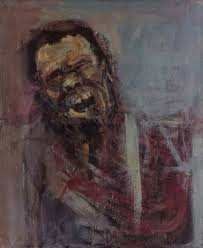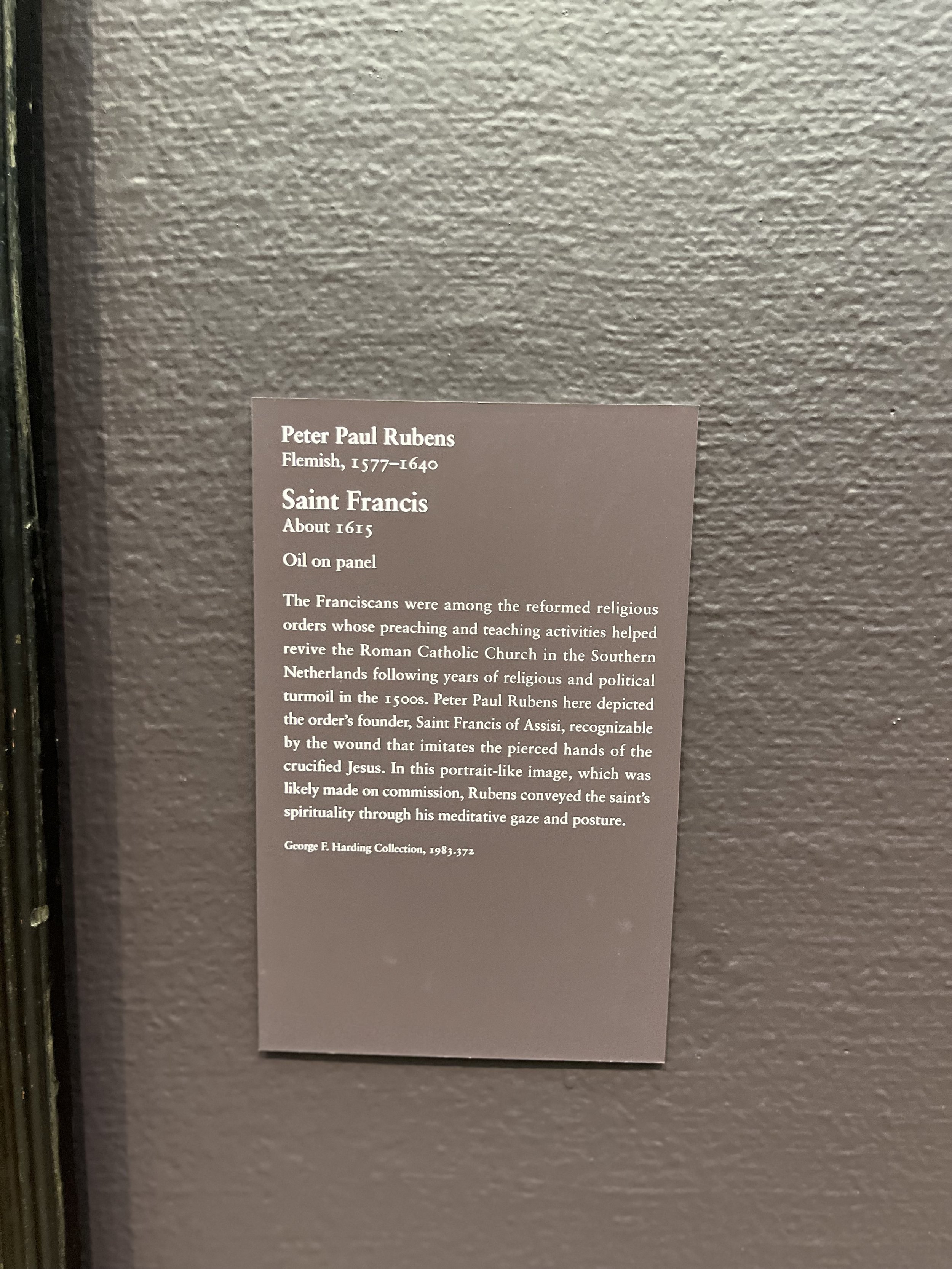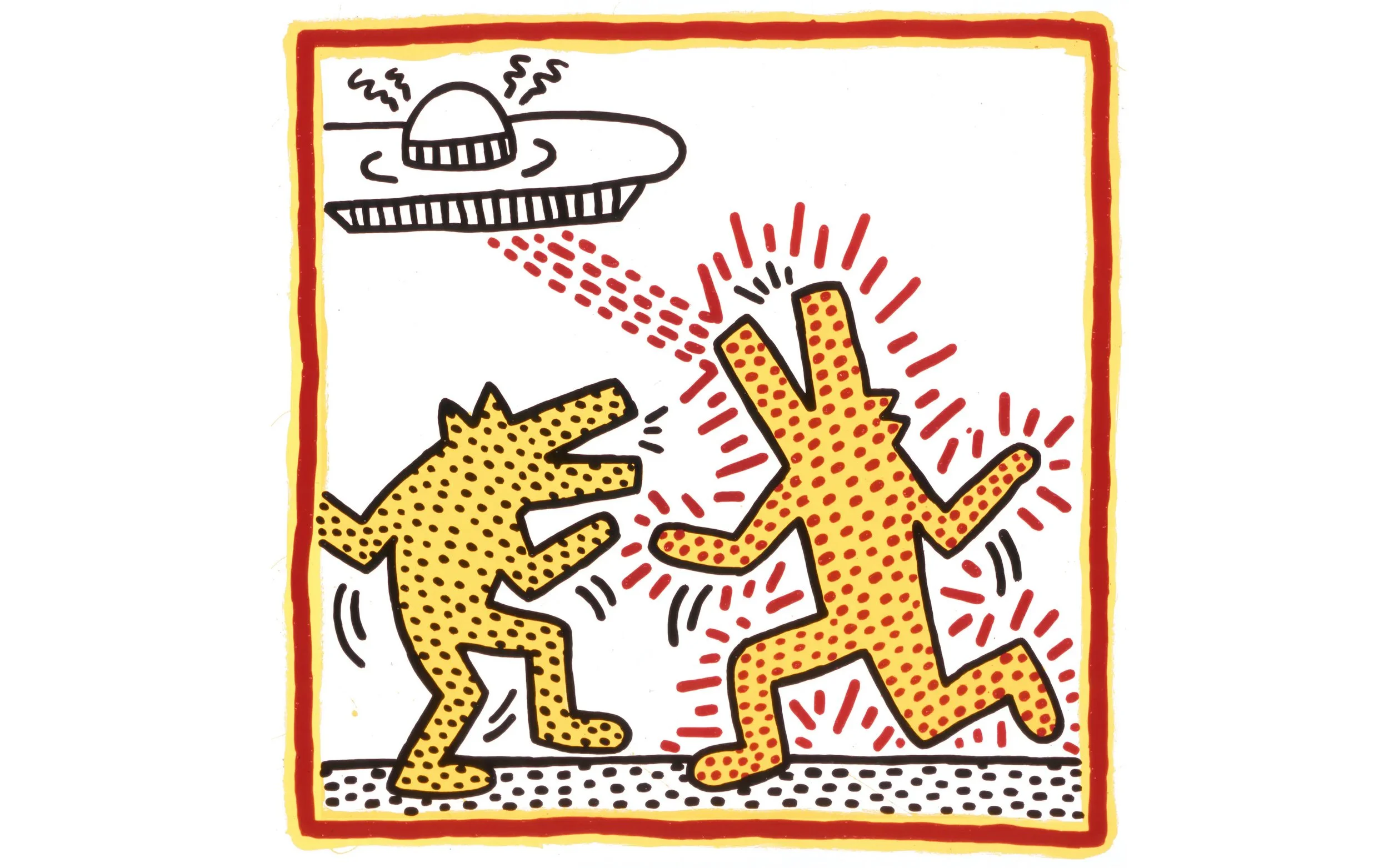Like a dog with a bone (::) wrestling over Polish consonants
A soft spot for delaminating psyches grown aghast with insight that one day, potentially very painfully, all the pictures don’t just go dim, but suddenly stop dead.
A soft spot for old dogs with benign growths and ragged rancid garbage breath, tails thumping and tongue lollygagging around
A penchant for taking a mulligan on getting wrong footed in a difficult conversation, blinded by ego and shame, overwhelmed by an indiscriminate need to be liked by this listening someone to whom love cannot be professed but who is awaiting exactly that. Can I start anew? Now that we both know we are going to die?
A penchant for wild eyed sages for whom sitting on a stump is always exactly sitting on a stump and who offers a full throated hello to dawn but with no expectancy of reply.























































